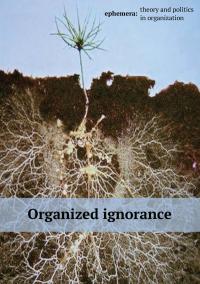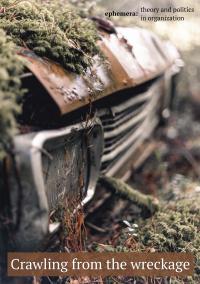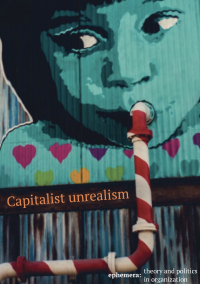social sciences
Labour, religion and game: Or, why is art relevant for social science?
If one would like to trace back to the beginnings of social sciences he or she should search for the objects or phenomena which first allowed these disciplines to anchor their initial concepts and guide their empirical research. For such phenomena serve both as objects of inquiry in their own right and as openings to investigations reaching far beyond the initial domain. Such phenomena were (which is quite uncontroversial) the division of labour and religion.
The politics of workers' inquiry
This special issue brings together a series of commentaries, intervention, and projects in various stages of completion, all centred on the theme of workers inquiry[1]. Workers’ inquiry is an approach to and practice of knowledge production that seeks to understand the changing composition of labour and its potential for revolutionary social transformation. It is the practice of turning the tools of the social sciences into weapons of class struggle.
Workers, despite themselves
Issue Editors: Stevphen Shukaitis, Abe Walker & Joanna Figiel
Workers’ inquiry is an approach to and practice of knowledge production that seeks to understand the changing composition of labour and its potential for revolutionary social transformation.
It is the practice of turning the tools of the social sciences into weapons of class struggle. Workers’ inquiry seeks to map the continuing imposition of the class relation, not as a disinterested investigation, but rather to deepen and intensify social and political antagonisms.
Practical criticism and the social sciences of management
As we are reminded by the strong programme in the sociology of science, the processes by which ideas come to be counted as knowledge may have little to do with their intrinsic merits. Particularly in the social sciences and more particularly still in those social sciences relating to management, the absence of any analogue to Kuhnian anomaly enables certain favoured texts to circulate within the influence networks of academia, accumulating authority and creating alliances until certain of them achieve quasi-foundational status.




